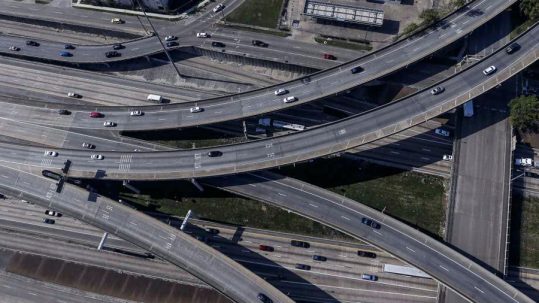
16 Oct Regulatory Takings and Inverse Condemnation – 10 Important Details
#1 – When the government damages or ‘takes’ your property without paying you compensation, this is considered Inverse Condemnation. As well as making decisions that cause direct physical damage, this could also include over-staying a lease, physically taking land, or even denying access to your property.
#2 – Thanks to Article I (Section 17) of the Texas Constitution, and the Fifth Amendment of the US Constitution, ‘no person can be deprived of property without due process of law’. In addition to this, they also state how private property cannot be taken for public use unless there is ‘adequate’ and ‘just’ compensation involved.
#3 – If your land is subjected to ‘unreasonable’ regulations or restrictions, this can also be considered Inverse Condemnation; this is called ‘Regulatory Taking’
#4 – The term ‘condemnation’ describes the taking of a property in legal terms.
#5 – When the government takes private property for public use, this inherent power is called ‘Eminent Domain’.
#6 – In most Eminent Domain cases, the government will initiate the case.
#7 – When it comes to Eminent Domain, the government can only take private properties if there’s a genuine and legitimate public use. For the most part, this includes the provision of utilities including water and electricity, parks, public roads, libraries, and schools. If the property is now posing a public safety hazard because of deterioration, the government may be able to take it.
#8 – When the government denies permits or variances, this can also qualify as Regulatory Taking alongside the imposition of restrictions or a denial of practical use of the property.
#9 – Rather than the government with Eminent Domain, the property owner will initiate the case with Inverse Condemnation. To get started, the owner of the land will suggest the government’s role in damaging or installing unreasonable restrictions on the property without sufficient compensation changing hands.
#10 – Regulatory Taking and Inverse Condemnation doesn’t necessarily exist on every single government limitation on property owners. Typically, the case will be complex (more so than an Eminent Domain case) which is why a professional and reliable attorney is advised. At McDonald Worley, we can help you from beginning to end and keep your case in the strongest possible position.
If you believe unreasonable restrictions have been placed on your home and this has led to damage, please feel free to get in touch with the Attorneys at McDonald Worley and Hill & Hill today. After a free evaluation, we can assess whether or not you have a case to proceed with the next steps. With years of experience in Inverse Condemnation and Regulatory Taking, we can assess your case from every angle to provide you with the best advice possible.











No Comments